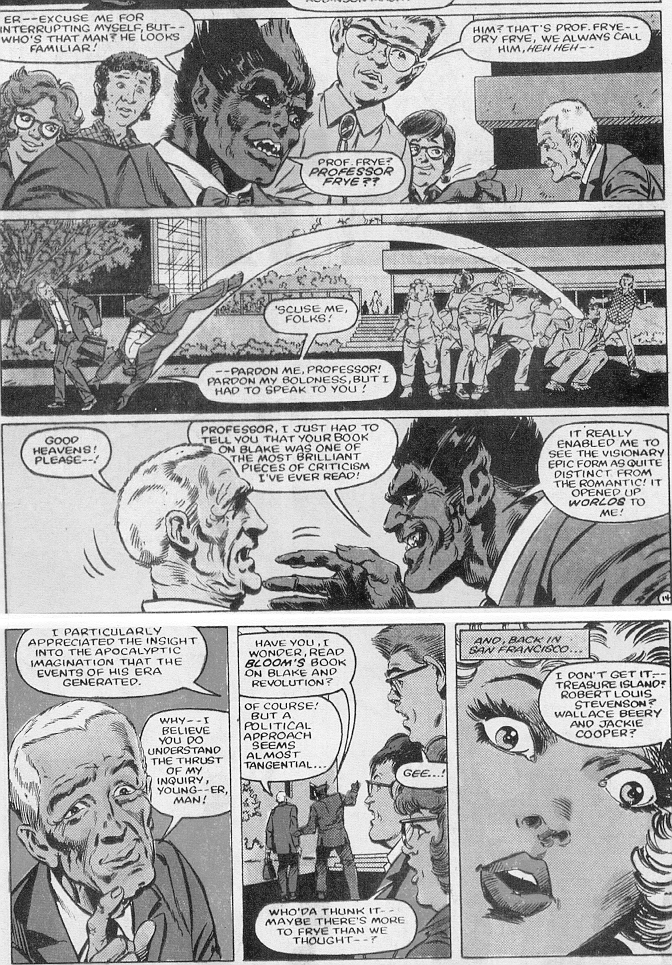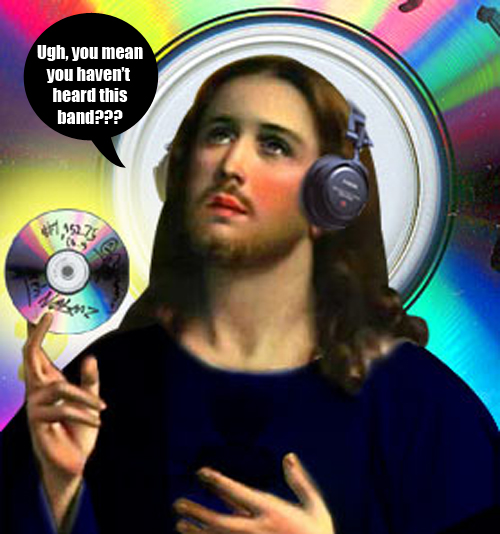httpv://www.youtube.com/watch?v=EfK-WX2pa8c
“London Calling” (Video not embedded: click on the image and hit the YouTube link)
Today is Joe Strummer‘s birthday (1952 – 2002). You can watch the excellent documentary about him, The Future is Unwritten, here. The film opens with a scalding version of “White Riot”; I understand this won’t be to everybody’s taste, but to those it is, the studio footage of Strummer laying down the lead vocal track will give you goosebumps.
A few weeks ago I posted on British music of the ’80s, and it must have seemed to some that there was a conspicuous omission — no Clash. That was no accident. The Clash need a post all their own. They were not just another British band. They were, for starters, the most London of bands. They made the London of the Thatcher era a habitat for everyone demanding a better world to call home. If, for example, you haven’t heard it in a while, put on London Calling, which is in its idiosyncratic way the most sunshiny and optimistic punk album imaginable. The Clash were, for the period, an uncharacteristically un-nihilistic and socially committed band. They were the Happy Warriors of the Left, and it’s why they are still loved by people who weren’t yet born when they stopped recording.
When I lived at Vic in the early 1980s, the Clash were the band of choice in many residences. It may be somewhat frivolous, I know, but a lot of the music I heard during that time got twisted into the skein of my experience of Frye, the Clash especially. Because they — always under the heartfelt and uncompromising guidance of Strummer — actually cared. And cared to an extent few people in their situation do. They took the best of punk and became arguably the first (and most enduring) of the post-punk bands; drawing, in a way that is typical of English musicians, from as many popular musical influences as they could convincingly string together. The effect was to render up a sound and an expectation that was not to be ignored. They were, like the very best English musical artists, concerned but cheeky monkeys. Think of the Beatles by way of the Sex Pistols.
I know that Frye probably regarded the punk movement in much the same way he regarded the hippies a decade earlier: as a reaction to “an overproductive society” and not a revolutionary response at all. But I’ve noticed that many of my students — all of whom were born long after the fact — have enthusiastically absorbed both the hippie and punk outlook to resist and perhaps even reform in a very civilized way an approach to life that is not only unsustainable but seems determined to commit slow suicide. It will be interesting to see if the genuine concern these students seem to carry so lightly and confidently can translate into the future that Wilde says is what artists are. Their default settings are strikingly liberal and tolerant and thoughtful when it comes to the accelerating destructiveness of a rapacious consumer society. I am cautiously hopeful. I know they are capable of it. It remains to be seen if they can reverse the inertia that plagues a society rendered almost senile in its indifference to the needs of others, and even to the near future it behaves as if it will not live to see. But it is still a future that remains unwritten.
So, with that in mind — This is Radio Clash; everybody hold on tight.
Continue reading →



